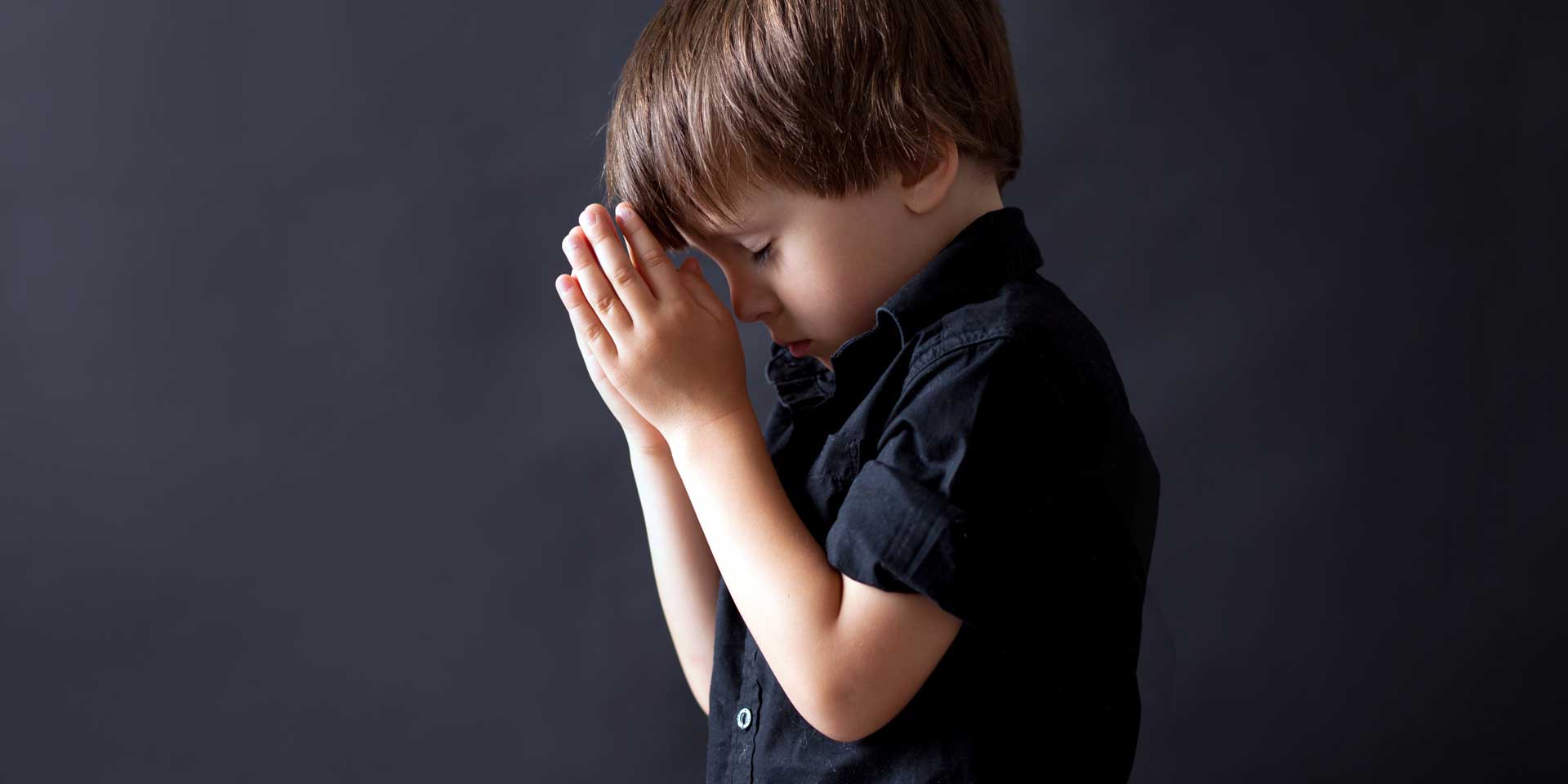“With architecture we build buildings, with mechanics we build machines; is there no place among the sciences for one dedicated to human beings? Ethics is capable of working out the principles according to which a person must be ‘built’ in order to be truly human”[1] (Traian Herseni).
I once had a debate with an eminent retired professor on the current socio-political problems of Romanian society. His spirituality revealed a long exercise of reflection on Christian religion and morality. Towards the end of the discussion, I assessed some glaring cases, reported in the media, of violations of democratic principles and the rule of law by the authorities. At one point, however, I was taken aback by his final rejoinder, phrased as a rhetorical question: “Yes, they may have done wrong, but where is our Christian forgiveness?” It was then that I realised how much we need a genuine public debate concerning the common good in order to clarify many issues of widespread concern to our citizens. This debate could start with the very Christian principles on which our community claims to stand. We need to assess the extent to which our collective morality is based on Christian morality, or in what way it still preserves Christian principles of life.
In search of the fundamentals of Christian morality
In a previous article we mentioned that collective morality articulates, more or less homogeneously, certain values, beliefs, ideals and principles that constitute the framework for good coexistence in a community and to which most of the individual consciences manifesting in that community adhere. Thus, a collective consciousness can vary from one society to another, from one region or country to another, from one ethnic group to another and, of course, from one era to another.
As far as Romanian society today is concerned, at the level of the “common citizen”—that is to say, of the majority of its members—one would expect society to have a certain Christian foundation, because our nation claims a Christian upbringing going back two thousand years. We know that the morality of a society, with its principles and rules, shapes the body of binding legal norms; therefore, it is also to be expected that our State will include among its rules and laws those basic moral principles that have been preserved and handed down through thousands of years of popular Christianity. The very etymology of the word “state” (in Latin statuo = to establish) refers to the establishment of a leadership and administration of a historically constituted population on a given territory, the expression of its will and principles of coexistence through binding regulations and, last but not least, also to being a legal and moral person.
We can therefore assume that the majority of the members of Romanian society identify with the morality that has been the basis for the formation of legal laws and the set of rights and duties of citizenship. If this is the case, then the majority of citizens should respect these rules, precisely because they feel that they express their will and principles. I stress that this is to be expected, given the premises. It remains to be seen what daily reality, as experienced by each of us, has to offer.
To understand what else collective morality in a country with a democratic political system entails, we also need to clarify what the rule of law entails. The notion of the rule of law, which is also ascribed to the Romanian institutional reality, reveals a more complex relationship between collective morality and legal laws. It refers to a state that has democratic institutions to defend and guarantee the individual rights and duties of citizens. It is a state that prioritises laws and norms and subordinates them to the higher law of the constitution, which is the expression of the inalienable will of the people, which is ultimately taken into account. A state governed by the rule of law promotes human rights and other democratic values and principles, such as: separation of powers in the state, separation of church and state, respect for legality and justice, personal autonomy, equal opportunities, social responsibility, civic activism, and so on.
All of these, however, are too recent in Romanian society to have significantly changed it; they have been adopted from abroad, as secular values of the democracy newly established in our country after 1989, following the model of Western countries. At a social level, however, it is apparent that their assimilation into collective morality has not yet occurred to the extent that they would democratise society in actual effect, not just in law.
Cases of “malpractice” of Christian morality
Turning our attention to our social life, we can easily see that it seems to contain in the collective mentality neither authentic Christian nor secular democratic principles. The elements of Christian morality often do not resemble those we can extract from the New Testament. Nor do secular democratic behaviours inspired by the West seem sufficient to form an active, reforming civic majority. We have what Titu Maiorescu called “forms without substance”: democratic rules and principles that are proclaimed but violated; legal laws that are circumvented or are even in the process of being changed and degraded in spirit; institutions that are copied in structure from Western democratic models that are dysfunctional.
As for Christian morality, however, each of us can have disappointing daily experiences of how some of our fellow human beings choose to ignore, abandon or distort it. Everyday life gives us enough examples of situations in which the basic biblical admonitions for peaceful coexistence are misunderstood and misapplied. What needs to be emphasised are the conditions under which these principles cannot be invoked to avoid respecting certain rights and duties of citizenship.

Let us recall how Jesus Christ distinguished between two kingdoms, the worldly and the transcendent, with the admonition: “Give back to Caesar what is Caesar’s, and to God what is God’s” (Matthew 22:21). The exception, of course, would be cases where Caesar is opposing God or pretending to be God. This is also a good principle for promoting the separation of church and state. However, some people who call themselves Christians violate it by not paying their dues to the state, or even stealing from the state; they believe that the state is not a person, so they should not have any moral relationship with it.
The Apostle Paul, wishing to instruct his brothers to become good citizens of heaven while still on earth, joins them with a very wise exhortation: “Therefore, since we are surrounded by such a great cloud of witnesses, let us throw off everything that hinders and the sin that so easily entangles. And let us run with perseverance the race marked out for us,” (Hebrews 12:1). It is an attitude of making actions and initiatives indispensable, of organising them in such a way as to make them fruitful, with a view to achieving the goal: the successful completion of the “race” in this world and the acquisition of heavenly citizenship. Nevertheless, this does not mean withdrawing from the world, nor does it mean refusing to take part in any activity that does not seem relevant to heavenly citizenship. But there have been cases of Christians who, in their desire to detach themselves from all that is worldly, have renounced further education or training in a profession, or participation in public life, or voting, in order to loosen the ties that keep them bound to the earth.
The Apostle Paul also advises us: “Have nothing to do with the fruitless deeds of darkness, but rather expose them” (Ephesians 5:11). This metaphor of darkness refers, of course, to all the evil in the world in which we live. Sadly, this metaphor was once invoked by an old woman who was asked for advice about marrying someone outside the church; without knowing the person, just on the basis of the criterion of not belonging, the old woman pronounced the sentence: “Light and darkness cannot stand together!”
The Saviour, in His great goodness, exhorts us: “Do not judge, or you too will be judged” (Matthew 7:1). I was surprised to learn what strange and unhelpful advice a priest, supposedly in the Christic spirit, gave to a divorcing man whose wife asked him to accept a paternity test for their child: “Stay away from such things!” The priest confused this moral judgement, this inner condemnation of one’s neighbour, with a legal judgement in a court of law.
I know the case of a Christian woman who, wishing to help a beggar with a pair of boots in good condition, bought herself a new pair and gave the beggar her old ones. The beggar, subtly remarking that the new ones were “nicer”, claimed them and received them on the spot. The woman had recalled Christ’s admonition to give the cloak to whomever asked for the shirt,[2] but instead she encouraged the beggar’s cunning, who, far from being grateful for the help, speculated on the Christian’s generosity. The Saviour does not tell us to ask for the cloak of the one who offers us a shirt.
Another Christian admonition is: “If it is possible, as far as it depends on you, live at peace with everyone” (Romans 12:18). In this context, I know of cases where good Christians have given up on their right to go to court, have been victimised by their neighbours and so on. These are cases in which these people have indeed honed a beautiful, patient, and forgiving character. However, if, for the sake of so-called peace with people, they have infringed the rights of others in institutions, deprived their own children of an inheritance without asking them, ignored rules so as not to upset their colleagues, then they have misapplied Christian advice.
I think the reaction of the professor mentioned at the beginning, to apply Christian forgiveness—which is individual and belongs to the inner forum of conscience—in society and in court, with God as judge, to the neighbour who did you and you alone wrong in an interpersonal conflict, fits into the framework of Christian “malpractice.” By what authority do we forgive, in a Christian way, the representatives of institutions, the secular authorities, when they follow only the rigours of the law and act on many, en masse?
The list of cases of Christian “malpractice” can be continued by each one of us. The question is: What could we do to help our fellow men and women to understand Christian morality correctly and to use it constructively and beneficially in social life? And how could we organically assimilate, on a social scale, beneficial democratic values and principles such as: the common good, solidarity, social responsibility, civic activism, the presumption of innocence, the right to a fair trial, etc.?
Education in a Christian spirit
We are facing a real danger: that the collective morality of the next generations will deteriorate severely if we neither adopt democratic principles of social life nor revive the basics of the Christian morality that supposedly founded our nation. Perhaps it is only a matter of time before things get worse; that is, the degraded morality of the majority will also cause the laws, rights and duties of citizens to change in such a way as to make daily life an ordeal. Today, this social situation has led to many shortcomings in civic life, to the point where we wonder whether the rule of law will be able to continue functioning.
In my opinion, the civic education of young people must go hand in hand with an education in the spirit of collective morality with Christian foundations to which we still adhere. And if this morality were to include a Christian revival, then perhaps we would have a chance of building a better society in the future. Adherence to any secular democratic principles will only be simulated in the absence of the only fertile soil in which they can grow in the collective consciousness: genuine Christian morality. Without it, it would be as if we were not taught good manners, but learned them schematically from international diplomatic meetings. How can a democratic principle, such as respect for privacy, be beneficially adopted if we do not first have the principle of loving our neighbour? How can we think about the common good if we do not have at heart the principle: “Do to others what you would have them do to you” (Matthew 7:12)? How can we be responsible stewards of the country’s natural resources if we are not aware of the dangers of destroying the earth? (see Revelation 11:18)
The decisive role in the Christian revival lies with the family and the Church, because the school is the later intervener in education. For example, it is difficult for common citizens to understand that they have a right to vote, which is important for them and for the whole community in which they live, if they do not learn this until they reach school or until they stand in front of the ballot box. It will be even harder for them to understand that public space (a park, a street, a crossroads, etc.) belongs to everyone and, as such, must be respected and maintained so that everyone can enjoy it. It will be even harder for them to understand that the State accumulates and manages wealth that belongs to everyone, and that to steal from the State is to steal indirectly from others. And if they have to choose between favouring a relative in a competition or abiding by a rule of impartiality, they will resort to excuses from the pseudo-wisdom of folklore: “one hand washes the other”, “near is my shirt, but nearer is my skin”, “service for service”, and so on.
That is why I believe that parents, grandparents, the extended family, but also the church and the communities around churches should work more closely together to make good Christians of their children. Only then will children also be able to become good citizens who, with a Christian background, assimilate the secular democratic imperatives that make the country free and worth living in.
What I am saying is that without appealing to the remnants of communitarian Christian morality, these new and somewhat alien values of democracy will not take root in our collective attitudes and behaviours. But with the tact of parents who are also good Christians, with the serious involvement of priests and pastors in the education of children and young people, these values will take shape. The common good will take on the appearance of the good of the smaller community of the church or of an extended family; social responsibility will be like the responsibility that young people take for the small duties they are given in the family and in the church, and then also in school; solidarity and civic spirit will be nourished by mutual help, love, and Christian care that members of a family and of a church have for one another.
I have seen first hand, when visiting different churches and their communities, that such a Christian-civic environment works and is beneficial in local communities. Couldn’t these practices and their good effects be extended to a majority scale, leading to an overall improvement? Perhaps this would require better cooperation between churches and their communities, precisely on the common basis of Christian morality, beyond denominational differences.
If we want to be better citizens, we must first want to educate our children to be better Christians. The moral individual is a construct, he is constantly being perfected, he is not a given, he is not copied from other models and he does not stop evolving when reaching a “suitable” form at some point in time. A good Christian is not only a moral person but can also become a light for the world in which she lives. As the Saviour said: “You are the light of the world… In the same way, let your light shine before others, that they may see your good deeds and glorify your Father in heaven” (Matthew 5:14, 16).



















